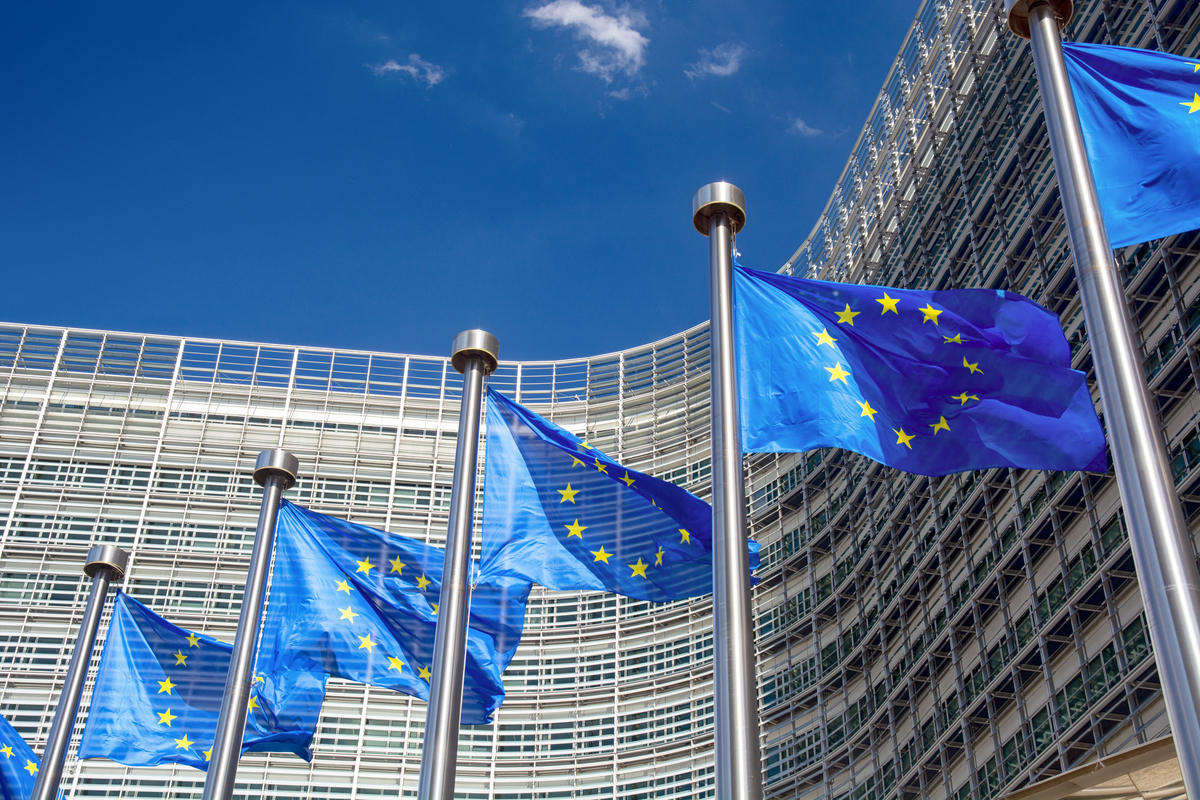Germany urges deeper probe into fraudulent biofuel supply chains in China
Germany has put more weight behind the European Commission to gather all evidence related to the alleged fraud of certification and labelling of biofuel imports originating from China.
 IMAGE: EU flags in front of the European Commission headquarters in Brussels. Getty Images
IMAGE: EU flags in front of the European Commission headquarters in Brussels. Getty Images
This follows a complaint filed by Germany in 2023 concerning suspected fraudulent certification and mislabelling of Chinese fatty acid methyl ester (FAME) biofuels by the International Sustainability and Carbon Certification (ISCC) system. The ISCC had certified the Chinese companies involved in the supply chains of this FAME trade - from production to export to Germany.
The European Commission, in co-operation with the German authorities, conducted audits between April 2022 to December 2024 based on information collected from various stakeholders. They found great causes for concern in the trade.
“The information received revealed serious irregularities in the way ISCC and certification bodies performed their activities,” the Commission said in its draft.
The ISCC has revoked some of the Chinese suppliers' certifications, but the sustainability certificates that came with the fraudulent biofuels were not invalidated, allowing buyers to claim greenhouse gas (GHG) savings.
German authorities and several industry bodies are not happy with this outcome and say that the Commission's investigation did not produce a fair outcome for all.
The European Biodiesel Board (EBB) has said this move allows fraudulent biofuel suppliers to go scot-free, leaving compliant biofuel producers and traders unprotected.
“A thorough review of biofuels verification is needed,” EBB said in a social media post.
The Commission has said in its draft that it does not have enough proof to call it fraud with certainty.
Meanwhile, the Commission has allowed Germany to request additional information from Chinese suppliers of ISCC-certified FAME to Germany for the examination period April 2022 to December 2024.
This only applies to Germany, as it was the only country to ask the Commission to examine whether sustainability criteria and GHG criteria were met for specific FAME biofuel imports from China.
The Commission will hold a meeting tomorrow to discuss the latest draft and will reply to the further examination request by the German authorities.
This is not the first time that questions have been raised on the ISCC certification system. Notably, the EU has been investigating allegations of widespread fraud involving waste-based biofuels, particularly used cooking oil (UCO) and palm oil mill effluent (POME) from China and Southeast Asia.
A potential outcome is that the Commission asks the ISCC to clean up select high-risk supply chains, rather than suspend the entire system, a source said last month.
Earlier in March, the Commission considered suspending its recognition of ISCC-EU certifications for waste-based biofuels for 2.5 years, which sparked a backlash from the ISCC.
By Shilpa Sharma and Erik Hoffmann
Please get in touch with comments or additional info to news@engine.online





